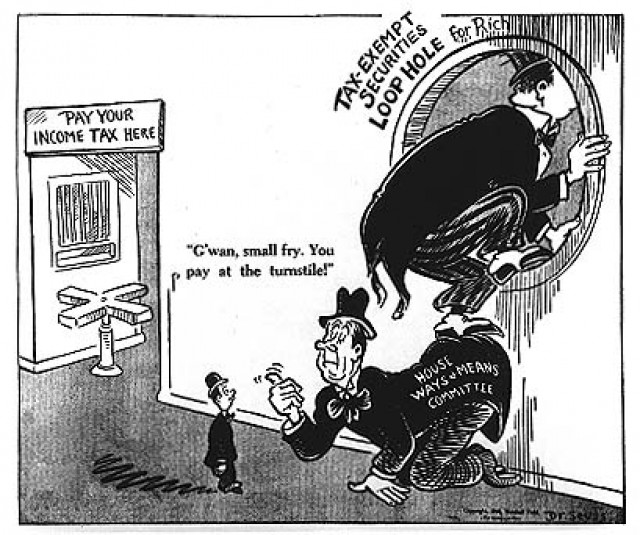Reason‘s Mike Riggs points out the most amazing part of the Aaron Hernandez case:
Let me paint the scene for you: It’s broad daylight out. A group of six Massachusetts State Police officers in suits and ties approach Hernandez’s North Attleborough mansion from the front. Three of them walk up the steps of his porch, and — with their guns holstered — knock on the door. After roughly 50 seconds of knocking and doorbell-ringing, a shirtless Hernandez opens the door and lets six suited staties, plus a cop in uniform, come inside. As one officer starts to cuff Hernandez right there in the foyer, another officer closes the door, presumably to provide Hernandez with some privacy. A few seconds later, Hernandez — now with a tee-shirt pulled over his handcuffed arms and torso — is led outside to a cop car, where officers gently lower him into the back seat and put on his seatbelt.
No battering ram. No flashbangs. No paramilitary gear. I was shocked.
Compare and contrast this arrest — for homicide — with this arrest first reported by Radley Balko:
In 2011, a SWAT team conducted a midnight raid on Stamps’ home in Framingham looking for a couple of small-time crack dealers. In the chaos and cloud of adrenaline that results from knocking down someone’s door and flooding his home with men dressed like soldiers, an officer shot Stamps in the neck, killing him. The city’s chief of police would later say that Stamps was “tragically and fatally struck by a bullet which was discharged from a SWAT officer’s rifle”; as if guns fire themselves.
When police eventually found who they were looking for — not Stamps, but his stepson and the stepson’s cousin — neither of them was armed. Nor did police find any firearms in the house.
It almost sounds backwards, doesn’t it? Killing an unarmed senior citizen in the process of arresting two unarmed kids holding a couple hundred bucks and some crack, while sending guys in their Sunday best to bring in a man allegedly involved in not just one violent, gang-related murder, but three?
[. . .]
This trend isn’t limited to Massachusetts. Across the country, poor people experience an entirely different criminal justice system — from arrest to prosecution — than the wealthy. Oftentimes, this means blacks are treated more harshly than whites and that the people who sell illegal drugs for money are treated differently than bankers who launder that money.
While football fans are free to care about whatever they want, the most shocking aspect of the Hernandez case isn’t that an incredible athlete killed anywhere from one to three people, it’s that the location of his home and the name of his employer bought him courtesies that poor, nonviolent offenders committing consensual crimes seldom experience.
Update: The Hernandez case gets even more weird:
Investigators in the Aaron Hernandez murder case were prepared to interview a Bristol man who was killed early Sunday when he crashed a car registered to his father-in-law, the former New England Patriot tight end’s uncle.
Multiple law enforcement sources said Massachusetts investigators were interested in speaking with Thaddeus Singleton III, 33, because he was associated with Hernandez. Singleton, who records show has served time in state prisons on various drug-related convictions dating to the mid-1990s, was killed when the car he was driving shot 100 feet through the air and hit the Farmington Country Club 6 feet off the ground.
Maybe this is something new in Nissan automotive technology, but it’s a rare vehicle that can shoot 100 feet through the air and impact a building six feet up? Impressive.




